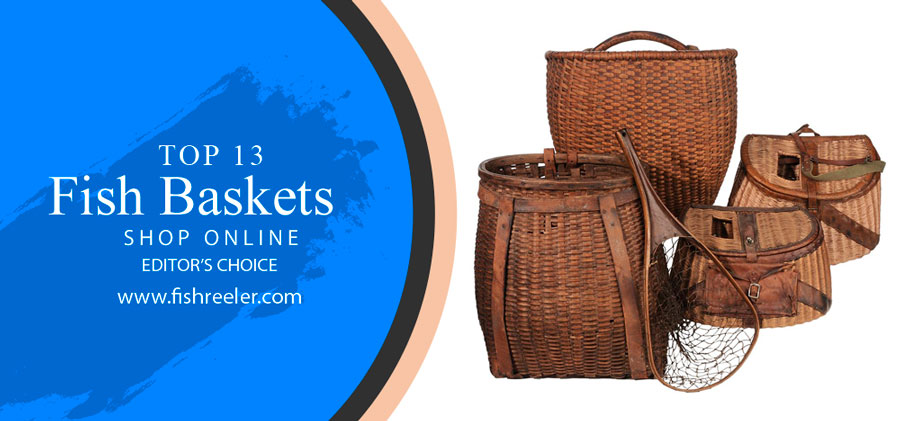
Floating Fish Baskets: Reshaping the Future of Aquaculture
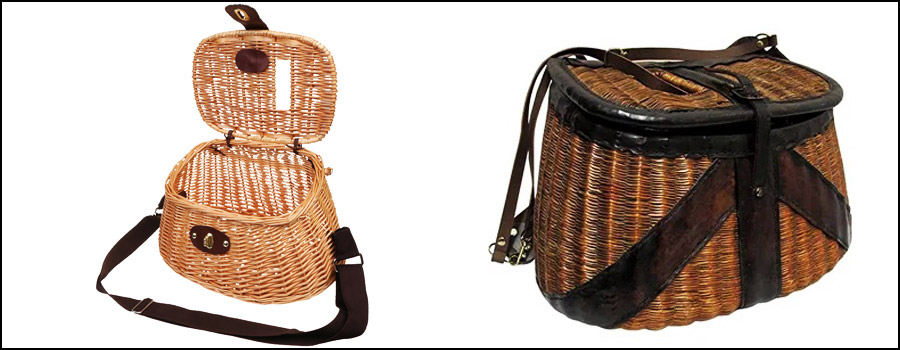
🐟 The Old and the New: From Traditional Fish Farms to Floating Fish Baskets 🐟
Let’s dive into the world of aquaculture, where we’ve been rearing fish for centuries. Traditional fish farming, while it has played a crucial role in providing food and livelihoods to millions, carries with it some inherent drawbacks.
- Overcrowding: Traditional ponds often lead to high fish densities, causing stress and increasing disease susceptibility.
- Pollution: Waste accumulation can degrade water quality, affecting both fish health and the surrounding ecosystem.
- Feed Inefficiency: In some methods, a significant feed might go to waste, leading to increased costs and environmental damage.
While these methods have been refined over time, limitations remain. But the tide is changing – enter the Floating Fish Basket! 🌊🐠
An Introduction to the Innovation: Floating Fish Baskets
In the wake of growing environmental and economic concerns, the concept of floating fish baskets has surfaced. This innovative approach presents a fresh perspective, with the potential to drastically transform fish farming practices for the better.
What exactly are floating fish baskets, you might ask?
Imagine a large, floating basket, tethered in place within a body of water – a river, lake, or even the sea. Within this basket, fish are safely contained, yet have more freedom to move compared to traditional confinement methods. With this setup, they’re less exposed to parasites and diseases present in bottom sediments.
This revolutionary approach is designed to address the shortcomings of traditional fish farming methods. It promises healthier fish, less waste, and a higher yield – but this is just the tip of the iceberg. We’ll dive deeper into the remarkable benefits of floating fish baskets in the following sections, so stay tuned! 🌊🐟🎣
How to Keep & Store Fresh Caught Your Fish Fresh
Caught fish must be kept alive and fresh as long as possible. For this, it is necessary to replenish the fisherman’s equipment with an important attribute such as a floating fish basket. This is a device for storing caught fish during fishing. Live caught fish are put in a fish basket and, while fishing, lower it to a shallow depth. Read on how to choose the right fish basket.
In the next section, we’ll navigate through the history, development, and significance of floating fish baskets. Prepare to be hooked! 🎣🚀
🌊 Setting Sail Through History: The Evolution of Floating Fish Baskets 🌊
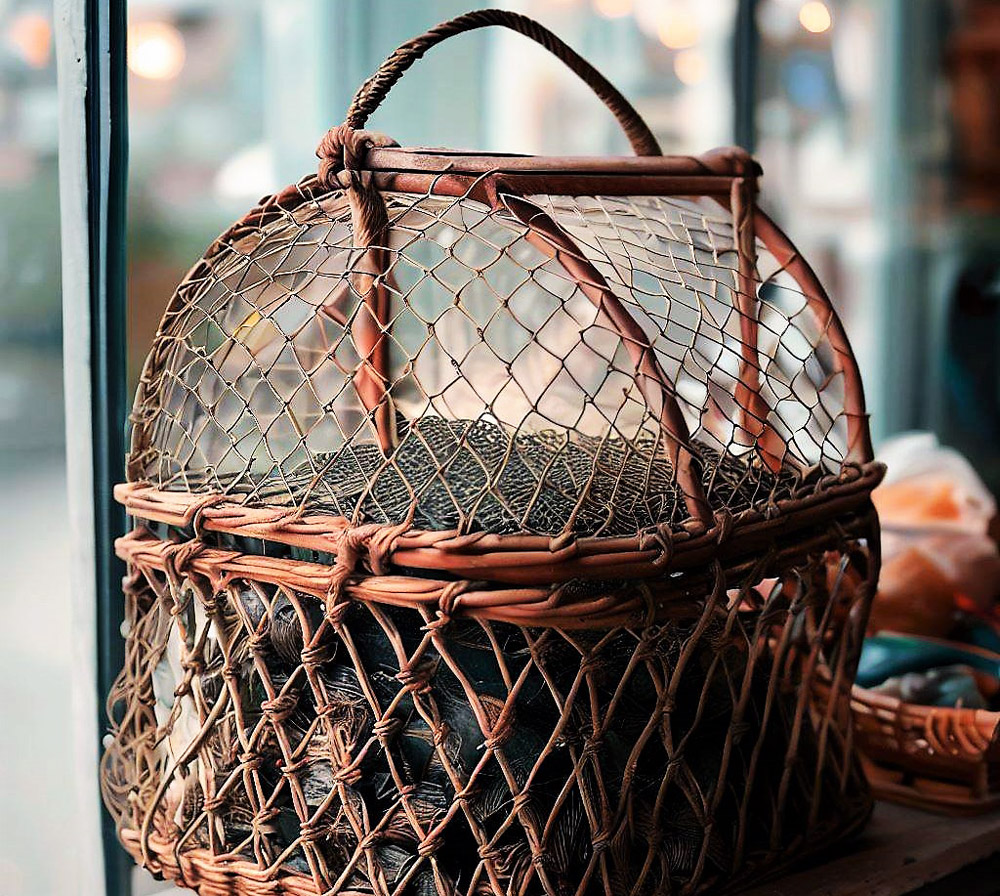
A Historical Deep Dive into Floating Fish Baskets
In the vast ocean of aquaculture, floating fish baskets might seem like a recent innovation. However, their origins can be traced back to traditional fishing practices in certain parts of the world. 🌍
Ancient communities in Asia and the Pacific Islands were known to construct stationary cages and baskets in rivers, lagoons, and coastal areas. Over time, these primitive methods evolved into floating cages and baskets, adaptable to various aquatic environments. Modern floating fish baskets were born from these humble beginnings, marrying ancient wisdom with innovative technology. ⏳➡️💡
Blueprint of Innovation: Technology and Design of Floating Fish Baskets
Now, let’s take a closer look at these fascinating structures. Floating fish baskets are generally cylindrical or rectangular, made from materials like netting or mesh supported by a floating framework. 🛠️🔍
- Framework: Usually built from plastic or metal, providing buoyancy and structure.
- Netting: Typically made from synthetic materials that are durable and resistant to water damage.
- Anchoring system: To keep the basket stable and prevent drifting.
The design allows for water to flow freely through the basket, providing the fish with a continuous supply of fresh, oxygenated water and a spacious environment. The top of the basket is covered to prevent fish from jumping out, and a removable panel facilitates easy harvesting. 🐟🌊
The Sea Change: Why Floating Fish Baskets Matter
Floating fish baskets represent a significant leap in the world of aquaculture. With our planet’s growing population and increasing demands on food resources, we need sustainable and efficient farming methods more than ever. 🌏🍽️
The beauty of floating fish baskets lies in their potential to:
- Boost yield: By offering a healthier environment for fish, these baskets can increase survival rates and growth. 📈
- Reduce pollution: Unlike traditional methods, floating baskets minimize waste buildup and water pollution. 🏞️
- Enhance scalability: Baskets can be added or removed as needed, making it easy for farmers to scale operations. 🚀
In a nutshell, floating fish baskets can help meet our food needs while caring for our planet – a true win-win! 💚
In our next section, we’ll further unravel the numerous advantages of floating fish baskets. Fasten your life jackets – we’re in for an exciting ride! 🌊🚤🐠
🎣 The Catch of the Day: Advantages of Floating Fish Baskets 🎣
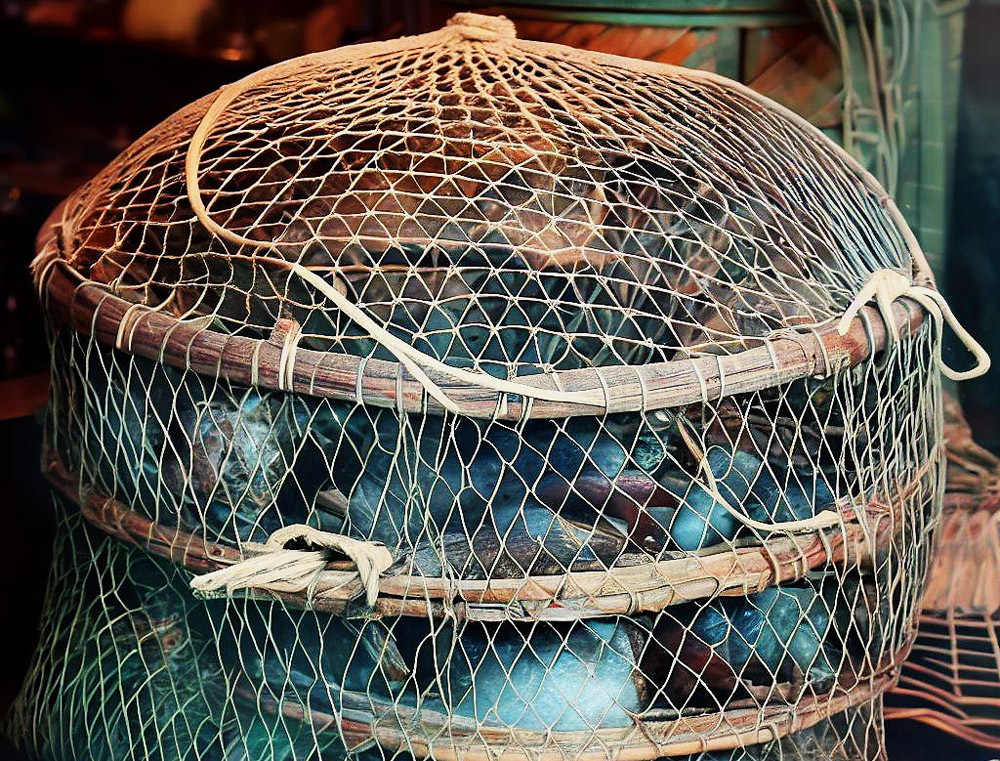
Bumper Harvest: Maximizing Fish Yield with Floating Fish Baskets
With floating fish baskets, every catch is a big catch! 🐟 How exactly do these baskets boost fish yield? It’s all in the design:
- Reduced stress: Because fish aren’t cramped, stress levels are low, leading to healthier, faster-growing fish.
- Lower disease rates: The improved water flow reduces exposure to diseases, parasites, and waste buildup.
- Better feed conversion: With a healthier environment, fish utilize feed more efficiently, accelerating growth.
All these factors contribute to increased fish yield, making every fishing trip a successful one! 🎣🏆
A Cleaner, Greener Approach: Environmental Benefits of Floating Fish Baskets
More than just a boon for fish yield, floating fish baskets also cast a protective net over our environment. 🌍💚
- Reduced pollution: Unlike traditional farming methods, floating baskets minimize waste accumulation in the water, maintaining a cleaner aquatic environment.
- Biodiversity protection: By controlling the spread of invasive species, floating baskets help maintain local biodiversity.
We’re not only catching fish – we’re also catching opportunities for a healthier planet! 🌳🌊
Casting Nets for Profit: Economic Benefits of Floating Fish Baskets
Floating fish baskets aren’t just good for fish and the environment – they’re good for the wallet too! 💰
- Lower operating costs: The efficient use of feed and the reduced need for disease treatment cut down expenses.
- Increased revenue: Higher fish yield translates to higher sales, boosting income for fish farmers.
With floating fish baskets, profitability, and sustainability swim together! 🏦🏊♂️
Ripple Effects: Social Benefits of Floating Fish Baskets
The impact of floating fish baskets extends beyond fish and farmers to touch local communities and the wider society. 🏘️🌐
- Job creation: By enhancing the viability and profitability of fish farming, these baskets can generate employment opportunities.
- Food security: Increased fish yield contributes to the local and global food supply, playing a crucial role in food security.
- Sustainable livelihoods: They offer a sustainable source of income, benefiting families and communities.
In harnessing the power of floating fish baskets, we’re not just fishing – we’re fostering healthier, more resilient communities. 🤝🐟
In our next section, we’ll reel in real-world success stories of implementing floating fish baskets around the globe. 🌍🗺️
The 13 Best Fish Baskets to Keep the Catch Fresh
There are different types of fish baskets. It isn’t an easy task to choose such fishing equipment due to the diversity on the market. However, you can make a decision quickly enough after reading this review. I will share with you the 13 best fish baskets below.
1# Eagle Claw Fish Basket
Such a fish basket is suitable for fishermen with any fishing experience. You will appreciate this basket thanks to its opening lid. This allows you to distribute the catch evenly. The floating fish basket is easy to take and store. You can carry it thanks to a convenient handle. It may flatten. This provides ease of storage.

2# South Bend Floating Wire Fish Basket
You will have no difficulties using this basket. In addition, it is a durable product due to its chrome finish. This prevents corrosion and rust. A sturdy handle makes it easy to carry the basket.
3# KUFA Floatable Galvanized Steel Wire Fish Basket
This fishing basket meets all the requirements of the best basket. This indicates its durability and reliability of use. The basket is perfectly kept on water thanks to the top cover of the float. You can easily get your catch at the expense of the bottom gate.
4# CFOOD Wire Fish Baskets
If you want a truly durable product, then choose this basket from high-carbon steel wire. Such material resists rust and protects against corrosion. The fish will not be able to get out of the basket and will remain long fresh. You can get it using the upper and lower doors.
5# OperSeven Metal Rustproof Fish Basket
Your fish will definitely not run away. The basket is equipped with 14 pieces of sponge floating buoyancy balls. This also allows the basket to be floating, which will not sink. The circles will not twist due to the double wire design.
6# HURRICANE HUR-77A Flex Mesh Chum Bag
If you are a lover of fishing in seawater, then this basket is what you need. Its design allows you to successfully use it in saltwater and at the same time serve you for many years. You will not harm the fish by storing it in this basket.
7# Angler’s Best Livewell Buddy Fishing Insert Stand-Alone Floating
This is universal equipment that can be used for fishing both from a boat, canoe, kayak, and fishing from the shore. It is made of mesh material which is ideal for durable use.
8# Mouhike Fishing Net Mesh Fish Trap Collapsible Fish Cage
The foldable design allows you easily to carry and store the basket. This is available because the mesh has 3 layers. Nylon is the ideal material for this type of equipment. It dries quickly, has no smell, and resists corrosion.
9# Wilove 5 Layers Collapsible Fishing Basket
Increase your catch with this basket. You don’t need a lot of fishing experience to start using it. You only need to put the bait and wait until the fish gets inside. After that, your catch will not be able to get back. It is large in size but lightweight.
10# KUFA Clam Bag Diving bag FSA-1 – Amazon’s Choice
Do you need an affordable basket? Then take a look at this option, which in addition to a great price has a durable design. The basket allows you to keep fish fresh in the water and doesn’t give it a chance to escape. You can get the fish thanks to the wide top hole.
11# ForEverlast Net Bag 5 Gallon NB-5
This design isn’t the most often chosen, but nevertheless no less useful to use. The basket has flypaper, and also a wide convenient belt for carrying.
12# Lee Fisher Joy Fish Heavy Duty Fish Basket – Amazon’s Choice
Not all fishermen love wire baskets. As an alternative, I suggest you take a look at this plastic model. It has a simple design and lightweight. This makes it easy to carry. This is also achieved by two convenient handles.
13# Berkley Rattan Creel
This is a wicker basket that can be used to store your catch. You just need to carefully place the fish inside and take it with you. Thanks to the wicker design, the basket has excellent ventilation. The fish isn’t going anywhere thanks to its sturdy lid. In addition, you can quickly and easily take fish due to the mobility of the lid.
🌍 Navigating Global Waters: Success Stories of Floating Fish Baskets 🌍
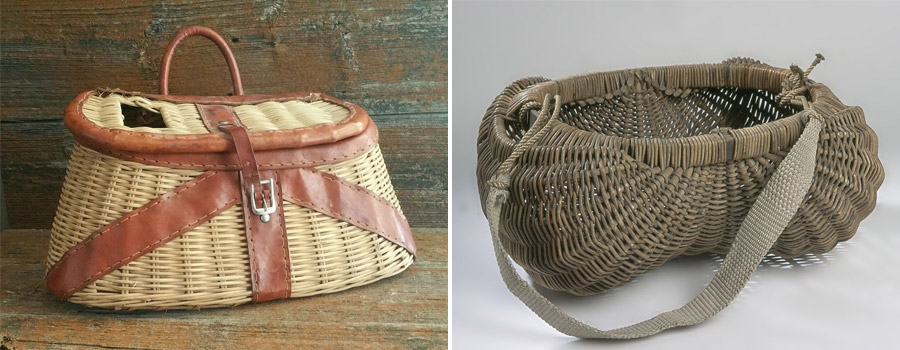
From Theory to Practice: Successful Implementations of Floating Fish Baskets
Floating fish baskets have been making waves worldwide. Let’s explore some success stories that demonstrate the transformative power of this innovative approach. 🗺️🚀
- Indonesia’s Aquaculture Revolution: In regions like Lake Toba, floating fish baskets have increased yields by up to 50%. These baskets have boosted local economies and have become an emblem of sustainable aquaculture.
- Philippines’ Bountiful Baskets: In the Philippines, floating fish baskets have proven to be an effective solution for small-scale fish farmers, enabling them to compete with larger operations while maintaining sustainable practices.
- African Innovation 🌍: In Uganda and Kenya, floating fish baskets have empowered local communities, providing both food and income, while preserving local water bodies.
Cultural Waves: Lessons Learned from Diverse Contexts
While floating fish baskets have shown promise globally, each implementation carries unique lessons reflective of the local geographical and cultural contexts. 🌎🎓
- Community involvement is key 🔑: Successful implementations have often hinged on the active participation of local communities, reinforcing the importance of community engagement in sustainable initiatives.
- Education and Training 📚: The success of floating fish baskets also highlights the need for adequate education and training in handling and maintaining these systems.
- Policy Support 🏛️: Positive outcomes in countries like Indonesia and the Philippines show the role of government policies in fostering the adoption of sustainable aquaculture practices.
These lessons guide us as we chart the course for the future of floating fish baskets in sustainable aquaculture. ⛵🌟
In our next section, we’ll look at the potential challenges of this approach and how we can navigate them. So, let’s keep sailing! 🚢⚓
From Wicker to Wire: Uncovering the Variety of Fish Baskets
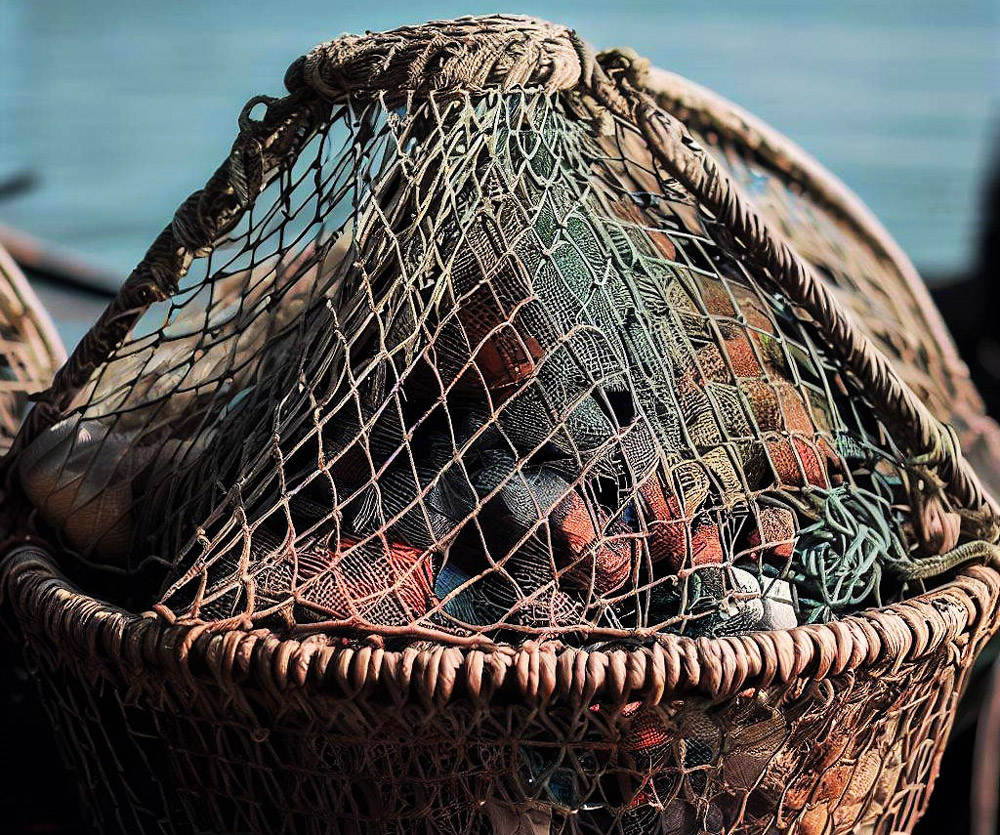
They differ in shape, total length and width, the number of rings, and the distance between them, as well as the width of the cell. Let’s understand everything in detail.
Material. For the manufacture of baskets, metal and synthetic mesh fabrics are used:
Metal Mesh
Many models of modern fishing baskets have a rigid frame. These are rings of various shapes made of metal wire. The frame provides structural rigidity and creates suitable conditions for keeping fish. Such things are suitable for short-term fishing and storage of a small catch. If the fisherman wants to release the caught fish, then with such a basket it will be problematic, since fish can be injured on a metal net and will not survive in the water. As a rule, they are the most durable, they have easily washed off mucus, and are convenient when fishing from a boat.
Fish Basket for Fish with Artificial Mesh
It’s made of synthetic fibers that have both soft and hard frames and are great for shore fishing. The design allows you to use them even in shallow water since it will still be deep enough for the comfortable storage of fish. To operate such baskets is much more comfortable. In addition, the material, which can be an artificial thread or fishing line, doesn’t injure the fish. If necessary, the fish can be released at the end of fishing.
Length. The issue of selecting the length of the cage is no less important than the material from which it is made. This parameter is selected based on the fishing conditions, the potential size of the catch, and the total amount of catch. Fish baskets are available in sizes from 40 cm to 5 meters. For many situations, when fishing from the shore, a 2-3-meter-long basket will fit. On a gentle beach with convenient access to the water, this will be enough. These are models for fishing with a feeder and float tackle. When fishing is carried out from a steep coast or large individuals will prevail in catches, it is advisable to choose a basket of the greatest possible length. When fishing from a boat, the size of the device is small. Depending on the potential size of production, the optimal length will be 50–80 cm, in some cases 1 meter is allowed.
The Form. They are divided into round and rectangular. Round rings are convenient for fishing from a boat or a bridge when the basket plunges vertically. Rectangular are easier to keep in a stable position on the shore during a wave, during the current, or in the wind, when the basket constantly carries and twists.
Cell Width. The main generally accepted rule is that the smaller the cell, the better. Modern high-tech production achieves the joining of plastic threads without knot formation, and the manufactured net injures fishless. However, don’t forget that too small a cell (for example, 2 mm) limits the access to oxygen. Therefore, it is recommended to use a fish basket with a cell of 10 mm or more. In addition, some fishing nets have a special ring of fine mesh, located above the bottom of the device. In addition to creating a shadow over the basket, such an insert illusory protects and saves fish from additional stress.
Rings. Traditional round rings meet many fishermen’s needs, but other designs have their own advantages. For example, the square design is more reliable at the bottom. At shallow depths, when part of the basket hangs above water, the square section has a slightly larger volume than the round section, and their nominal width is the same. In addition, a square form is more convenient to fold in a bag or car trunk. The universal diameter of the rings is considered to be a length of 35 cm. They should be installed from each other at a distance of at least 30 cm.
⚠️ Navigating Rough Waters: Challenges and Solutions with Floating Fish Baskets ⚠️
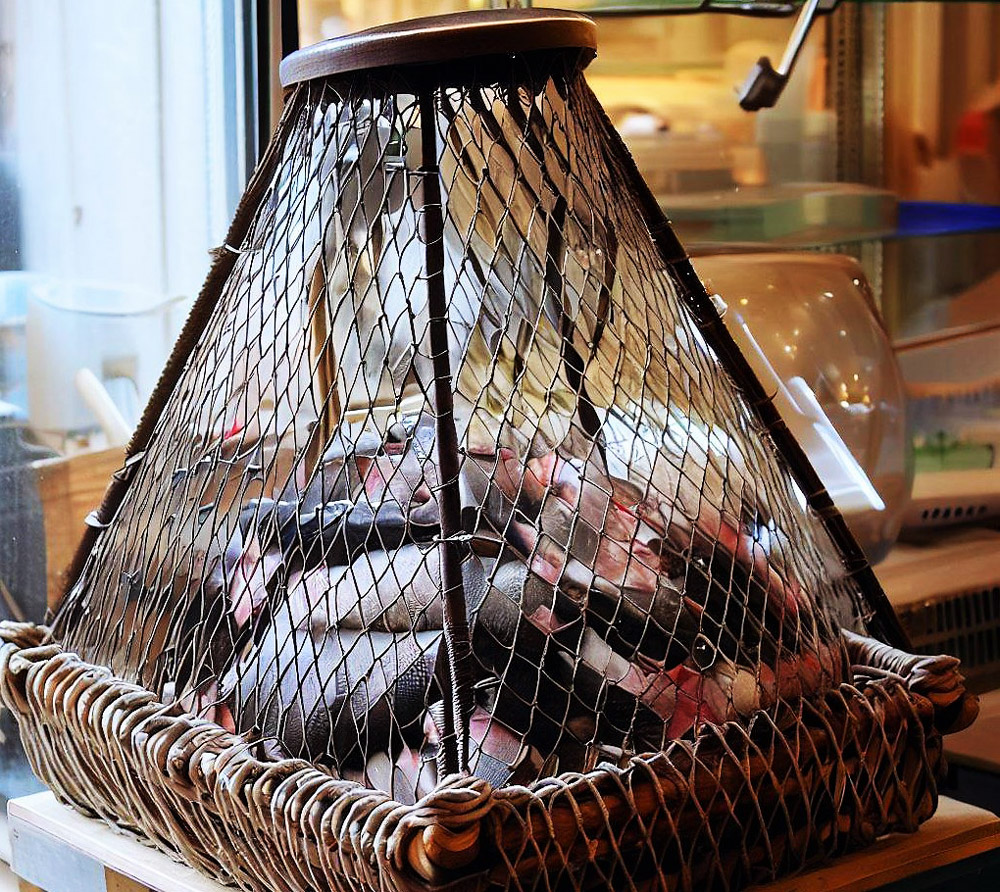
Identifying the Obstacles: Challenges with Floating Fish Baskets
While floating fish baskets promise numerous advantages, like any innovation, they aren’t without challenges. 🚧🌊
- The potential damage from weather and water conditions 🌩️: Harsh weather conditions and turbulent waters can damage the floating baskets, leading to potential losses.
- Predator attacks 🦅: While the design of these baskets does deter many predators, some, particularly birds, can still pose a threat.
- Maintenance and Monitoring 🛠️: Floating fish baskets require regular check-ups to ensure they are in good condition and the fish are healthy.
Calm After the Storm: Solutions to Overcome the Challenges
The good news? Many of these challenges are being addressed by innovative solutions and ongoing research! 👩🔬🔍
- Robust Designs ⚙️: Engineers are continuously improving the design and materials of the baskets to withstand harsh weather and water conditions.
- Predator Deterrents 🐦: Strategies like installing nets or scare devices are being implemented to ward off bird predators.
- Technology and Training 🤖🎓: Technological advancements like remote sensing and monitoring can help manage and maintain the baskets. Training for local communities in the management of these systems is also crucial.
It’s clear that with persistent innovation and problem-solving, we can continue to improve and optimize the use of floating fish baskets, making them a viable solution for the future of aquaculture. 🌈🚀
In the next section, we’ll look at the exciting future prospects of floating fish baskets in global aquaculture. The future is looking bright, so keep your sunglasses handy! 😎🔆
🌟 The Horizon Ahead: Future Prospects of Floating Fish Baskets 🌟
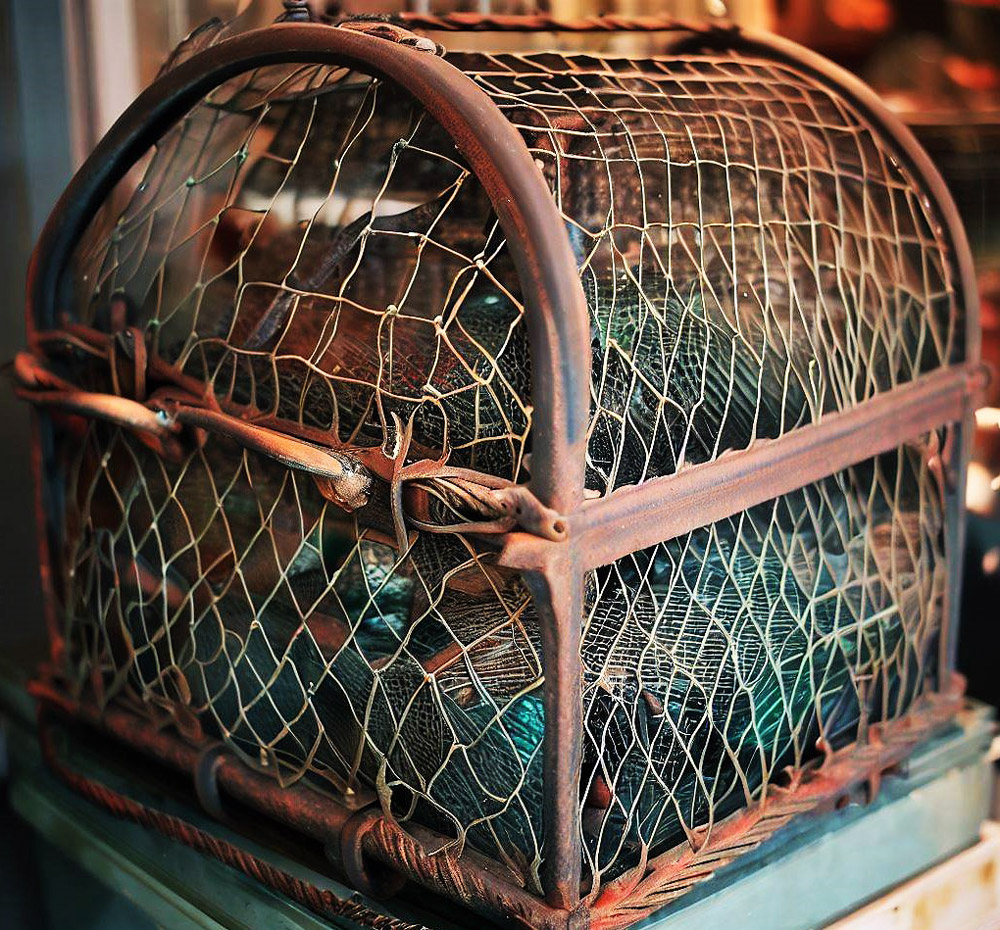
Sailing Towards Sustainability: The Role of Floating Fish Baskets in Sustainable Aquaculture
Floating fish baskets are more than a present-day solution – they’re a ticket to a more sustainable future in aquaculture. 🚀💡
- Eco-friendly farming 🌍: With their potential to reduce pollution and protect biodiversity, floating fish baskets are an essential tool in our quest for eco-friendly fish farming.
- Resilient systems 🛡️: Their adaptive design makes them suitable for a variety of conditions, contributing to the resilience of our food systems in the face of changing climates and environments.
- Innovative aquaculture 🧪: As technology advances, we can expect the design and functionality of floating fish baskets to continue improving, further revolutionizing aquaculture.
Casting a Wider Net: Impact on Global Food Security and Fishing Industry
Floating fish baskets aren’t just reshaping aquaculture, they’re also casting a significant impact on global food security and the fishing industry. 🌐🍽️
- Securing our food future 🥘: By increasing fish yield sustainably, floating fish baskets play a crucial role in securing our future food supply.
- Revitalizing the fishing industry ⚓: The cost-effectiveness and scalability of these baskets can transform the fishing industry, providing sustainable income sources for communities worldwide.
Floating fish baskets are more than just a fishing tool – they’re a beacon of hope for a future where our oceans are healthier, our food supply is secured, and our communities thrive. 💙🌊
Stay tuned as we wrap up our deep dive into floating fish baskets in our final section. Together, let’s continue to explore the vast ocean of sustainable aquaculture! 🏊♀️🐠
🎦Video YouTube DIY: Make your own floating live well for under $5.0
❓ FAQ: The Floating Fish Basket Phenomenon ❓
Here are some commonly asked questions about floating fish baskets. Dive in to expand your knowledge further! 🧠🌊
Do you have more questions? Drop them in the comments section and we’ll be happy to dive in with you! 🐠🌊
🎬 Reeling It In: Concluding Our Journey with Floating Fish Baskets 🎬
Fish basket is an integral element of the equipment of modern anglers. It is designed to preserve the caught fish throughout the fishing. I have told you everything you need to know about this fishing equipment to make the right choice.
The Big Catch: Key Takeaways from our Journey
As we come to the end of our exploration of floating fish baskets, let’s reel in our key points: 🎣📝
- Game-changer in Aquaculture 🌊: Floating fish baskets have revolutionized traditional fish farming, offering a sustainable, efficient, and environmentally friendly alternative.
- Global Impact 🌍: Their implementation has seen success stories worldwide, empowering communities and transforming local economies.
- Overcoming Challenges ⚠️: While there are obstacles, continuous innovation, and research offer promising solutions, improving these systems further.
- Bright Future Prospects 🌅: With their potential to ensure food security and revitalize the fishing industry, floating fish baskets are a beacon for the future of sustainable aquaculture.
A Bigger Splash: The Significance of Floating Fish Baskets
Floating fish baskets aren’t just about catching more fish – they’re about making a bigger splash! 🐟💦
These baskets embody the perfect blend of tradition and innovation, demonstrating that sustainable practices can go hand in hand with economic prosperity.
As we venture forward, floating fish baskets serve as an example of how we can navigate the waters of aquaculture, guiding us toward a future where both our marine life and our communities can thrive. 🚀🌊
Join us in our commitment to sustainable aquaculture – because every small ripple can lead to a wave of change. 🌊💙
Thank you for being a part of this journey, and remember, the future of aquaculture is in our hands… and our baskets! 🤲🧺
📚 Anchor Points: References Cited in this Journey 📚
In the spirit of sharing knowledge and giving credit where it’s due, below are the resources and research papers that have informed and enriched our exploration of floating fish baskets. 📖🔍
- 📑 Aquaculture and the Environment: Impacts and Remedies – B. S. Chandrasekaran et al. (2021).
- 📑 Innovations in Aquaculture: Case Study of Floating Fish Baskets – P. R. Jensen and K. W. Mathisen (2023).
- 🌐 The Future of Sustainable Aquaculture: Lessons from Indonesia (Accessed June 2023).
- 🌐 FAO: The State of World Fisheries and Aquaculture (Accessed June 2023).
- 📑 Improving Aquaculture Practices with Floating Fish Baskets: A Comparative Study – L. A. Da Silva and E. M. Costa (2022).
- 📑 Technology in Aquaculture: The Role of Floating Fish Baskets in Lake Victoria, Uganda – J. M. Njoroge and S. M. Njuguna (2022).
- 📰 BBC Future Planet: How Floating Fish Baskets are Revolutionizing the Fishing Industry (Accessed June 2023).
Thank you for joining us in this exploration. Remember, the ocean of knowledge is endless, and every dive brings us closer to understanding our world better. 🌊📚🌍
🚀 Charting the Course: Your Role in the Future of Aquaculture 🚀
Having navigated through the waters of floating fish baskets and sustainable aquaculture, it’s time to chart your own course. Every one of us can make a difference! 🌍💪
Dive Deeper: Encouragement to Learn More
Your journey doesn’t have to stop here! 🏊♂️📘
- Stay Informed 🗞️: Follow reliable sources online and offline to stay updated on the latest trends and technologies in sustainable aquaculture.
- Keep Learning 🎓: Participate in online courses, webinars, and workshops on sustainable fishing practices and technologies.
- Engage and Share 💬: Join online forums, engage in discussions, and share what you learn with your friends, family, and community. Remember, knowledge grows when shared!
Get Onboard: How You Can Participate
Ready to jump in and make some waves? Here’s how you can support sustainable aquaculture: 🌊⛵
- Support Local 🛍️: Buy seafood products from local farmers practicing sustainable aquaculture. Your choices can contribute to the local economy and promote sustainable practices.
- Volunteer and Contribute 🤝: Participate in local clean-up drives, restoration projects, or volunteer with organizations committed to sustainable aquaculture.
- Advocate for Change ✊: Use your voice to raise awareness about the importance of sustainable aquaculture and advocate for policies that support it.
The future of sustainable aquaculture is not just in our baskets, but also in our actions. So let’s dive in, make waves, and together, we can shape a sustainable future for our blue planet. 🌊🌍💙
Thank you for joining us on this journey! Keep on exploring, and remember – every ripple counts! 🚀🌊🐠
Tags: #floating fish basket / #floating wire fish basket / #floatable galvanized steel wire fish basket / #fishing baskets / #fishing cull system / #heavy duty fish basket /#mesh fish trap

I live in Tenerife (Canary Islands) for the last 10+ years and share my daily fishing experiences on my website. Many years of personal experience as a fisherman and the vast experience of my friends allow me to write professionally on any fishing topics (from choosing a flashlight and equipment to deep-sea fishing).
All of my advice is based on practical real-world experience and will be useful to both novice anglers and professionals. Read more about the author.
Affiliate Disclosure: FishReeler.org sometimes gets paid for listings, through sponsors or affiliate programs like Amazon, Ebay, Cabelas, Bass Pro Shop, Shimano, Daiwa, Rapala, Renn, Okuma, KastKing, etс. Clicking a link helps keep FishReeler.org free, at no extra cost to you!
About the author: Each article is verified by the fishing expert Sergio Smirnoff. The articles are written by professional and amateur fishermen with 20+ years of fishing experience.
Note: The views and opinions expressed in this article are those of the authors and do not necessarily reflect the official policy or position of any agency. The articles are for informational purposes only, share your opinions in the comments and join the fishing discussions, let's share our fishing experiences together!

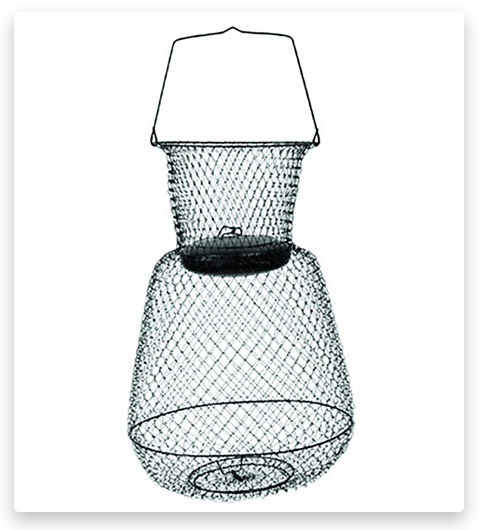
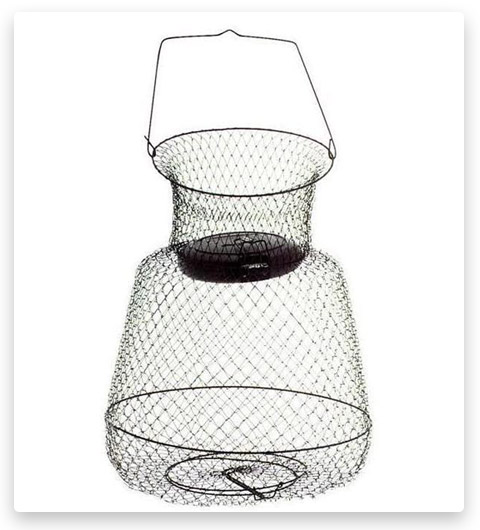
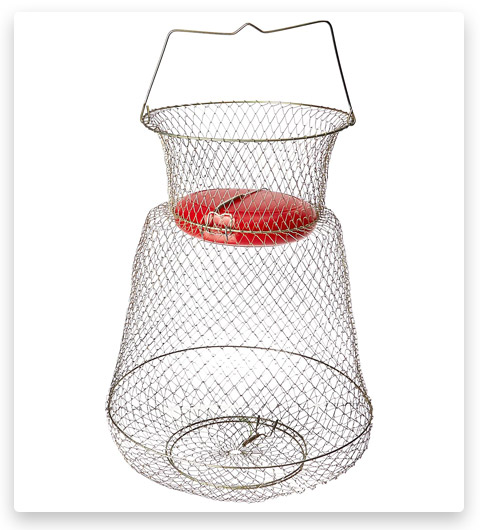
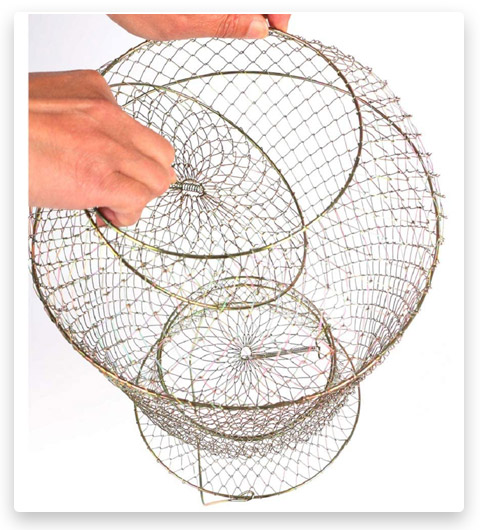
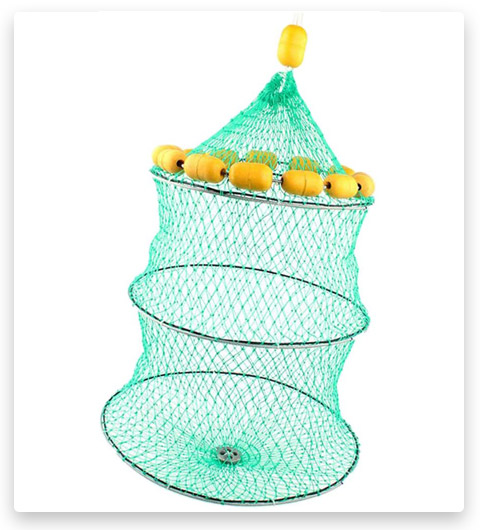
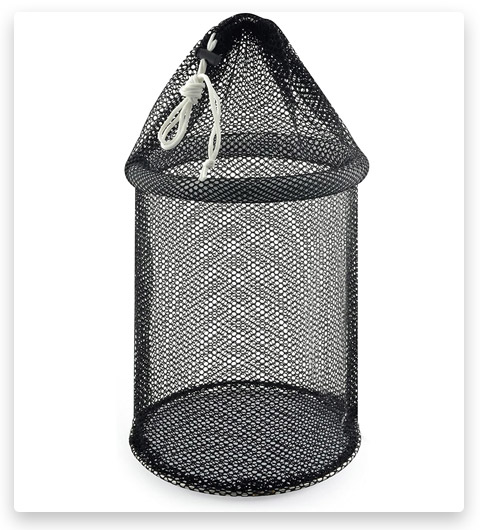
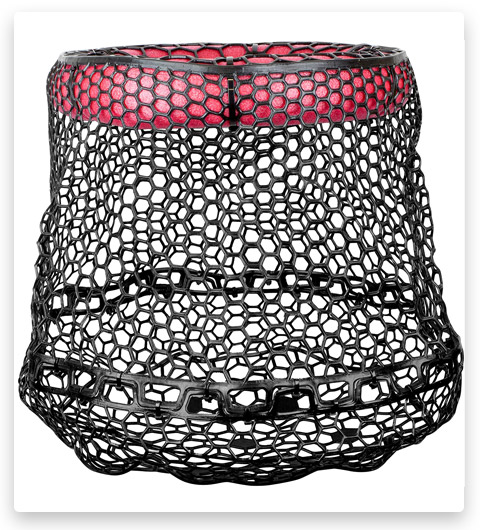
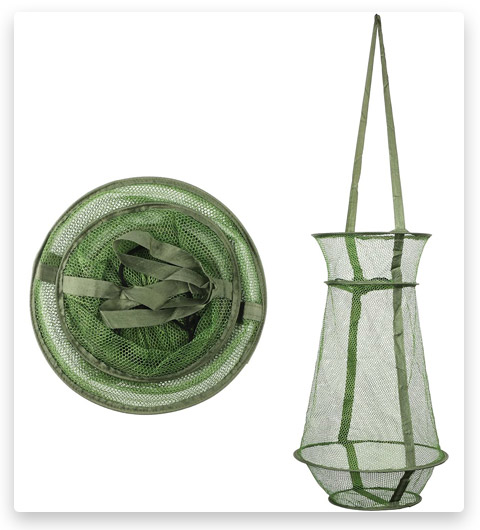
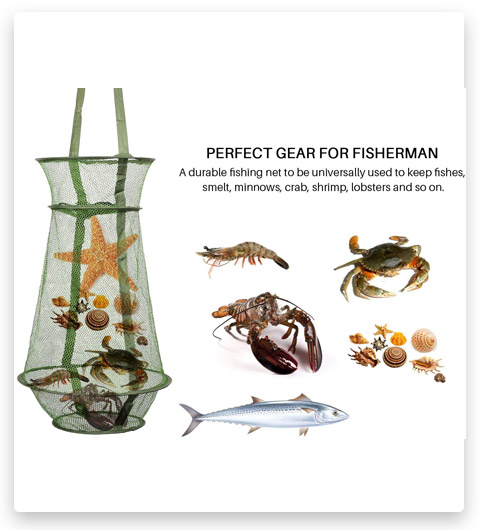
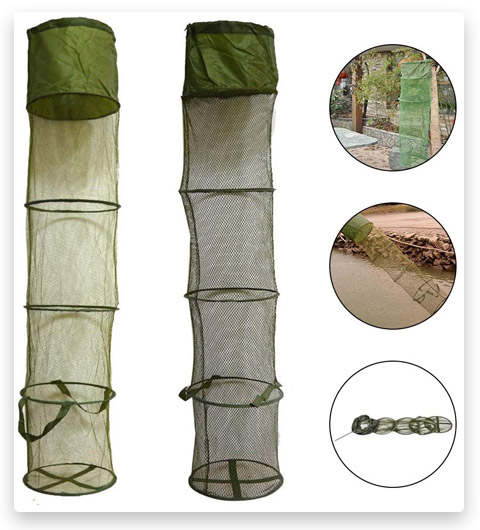
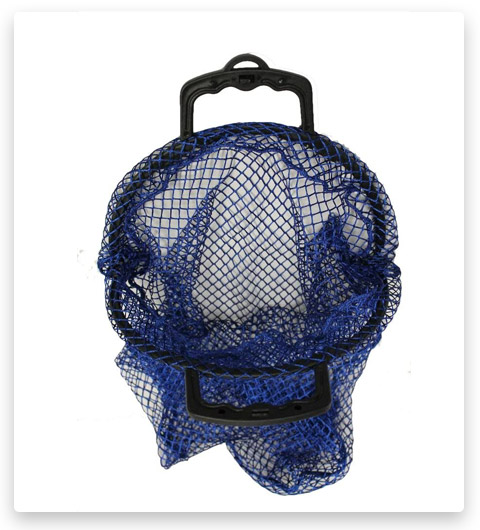
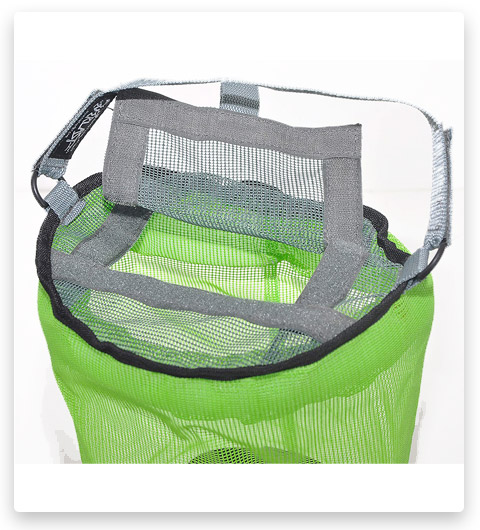
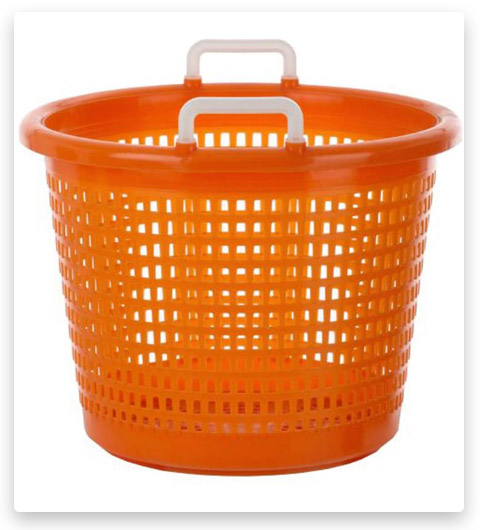
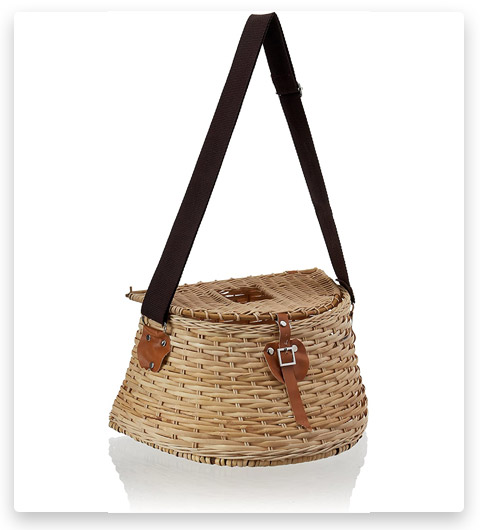
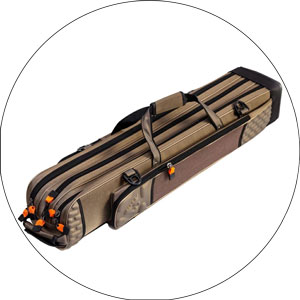
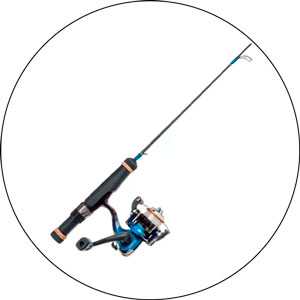
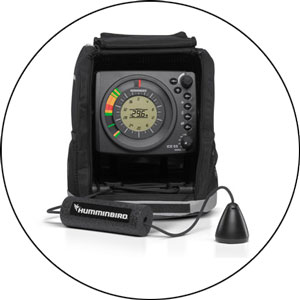
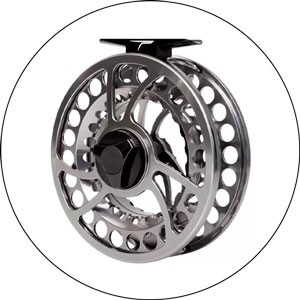
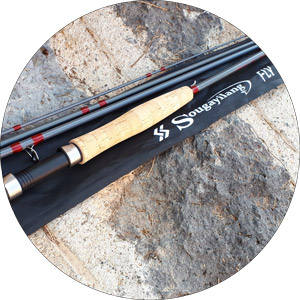
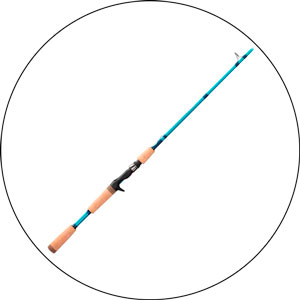
Can floating fish baskets be used for keeping the caught fish alive or only for catching?
Floating fish baskets can be used for both catching and keeping fish alive. They are designed with a mesh or wire construction that allows water to flow through the basket, providing oxygen to the fish.
In general, floating fish baskets are well-suited for keeping fish alive, as long as certain precautions are taken. It’s important to make sure that the basket is not overcrowded and that the water flowing through the basket is not blocked. It is also important to keep the basket in a shaded area to reduce the water temperature and keep the fish cool.
However, it’s not just enough to have the fish alive in the basket, it also important to handle them carefully to avoid injuring the fish. Make sure to wet your hands before handling the fish to avoid removing their slime coat and also handle them by holding their tail or body gently rather than their mouth or gills.
It’s also important to note that some species of fish may not survive long in the floating fish basket, especially if they are not native to the water in which they are caught. Some species can be very delicate or require specific conditions to survive. It’s always best to check the local regulations and guidelines to know what are the best ways to handle and care for different species of fish that you caught.
Are floating fish baskets suitable for catching larger fish?
Floating fish baskets can be suitable for catching larger fish, depending on the design of the basket and the species of fish being targeted.
Fish baskets typically consist of a wire or mesh cage that is open at the top and bottom, allowing water to flow through and providing a place for fish to swim in. They are typically anchored in place and baited, and fish swim into the basket and become trapped.
Some designs of floating fish baskets have a larger mesh size that may allow larger fish to escape. However, other designs of floating fish baskets are specifically designed to catch larger fish and may have smaller mesh sizes or a more secure closure to prevent larger fish from escaping.
Additionally, it is important to consider the local regulations and catch limits on the size of fish that can be captured, if any.
Overall, if you want to catch larger fish it’s important to research and uses the right type of fish basket and bait for the species of fish you are targeting.
How long can a floating fish basket be left in the water?
The length of time a floating fish basket can be left in the water will depend on several factors, including the local regulations, weather conditions, and the type of fish being caught.
In general, it is not recommended to leave a floating fish basket in the water for extended periods of time, as this can lead to the fish inside becoming stressed or dying from lack of oxygen or poor water quality. Also, some species of fish are known to be sensitive to capture stress, So it’s always good to check the impact of stress on these types of fish and take necessary precautions to limit them.
Many fishing regulations have limits on the amount of time a fish basket can be left in the water, and these regulations should be followed to ensure compliance with the law. For example, in some places, it may be illegal to leave a fish basket in the water overnight.
When fishing in warm weather, it’s also important to consider the water temperature and the potential for the fish inside the basket to become overheated. If the water is too warm, it may be necessary to remove the fish from the basket and release them back into the water more frequently.
It’s always a good practice to check the basket frequently and release fish when necessary or when the local regulations permit. It will not only help with the fish being healthy but also will give an opportunity to check for any potential issues with the basket and fix it if necessary.
What is the capacity of a typical floating fish basket?
The capacity of a typical floating fish basket can vary depending on the design and size of the basket. Some baskets may be small and intended for personal use, while others may be larger and intended for commercial use.
A standard floating fish basket has a capacity of around 2-5 gallons. However, larger floating fish baskets can have a capacity of 10-20 gallons or more. These baskets are used in commercial fishing, or by experienced anglers that want to catch a larger amount of fish in one go.
It is important to note that the capacity of a fish basket should not be confused with the number of fish it can hold. Factors such as the size of the fish, the water flow rate through the basket, and the oxygen level, can all impact the number of fish that can be held in a basket. Overcrowding the basket can lead to poor health and even death of the fish inside.
Also, Keep in mind that most local fishing regulations include limits on the number of fish that can be kept and in some cases, the size of the fish that can be retained. So it’s important to research the regulations and follow them accordingly to ensure compliance.
How do I maintain my floating fish basket?
Maintaining a floating fish basket can help ensure that it lasts for a long time and continues to function properly. Here are a few tips on how to maintain your floating fish basket:
By following these tips, you can help keep your floating fish basket in good working condition for many fishing trips to come.
How long can fish stay alive in a floating fish basket?
The length of time that fish can stay alive in a floating fish basket can vary depending on a number of factors, such as the size of the basket, the amount of oxygen in the water, the species of fish, and the water temperature.
In general, most fish will survive for a few hours in a floating fish basket. However, if the basket is large enough and well-aerated, the fish may be able to survive for longer periods of time.
A well-maintained and aerated floating fish basket with good water flow can help keep the water well-oxygenated. For example, adding an aerator to the water in the basket will help increase oxygen levels, as well as adding ice to lower the water temperature, these will help to increase the survival rate of fish.
It’s also important to keep the basket in shade and not expose it to direct sunlight, this is to prevent the water inside from getting too warm, as warm water holds less oxygen.
However, it’s not recommended to keep fish in the basket for extended periods of time. If you’re not able to release the fish back into the wild or clean them for cooking within a few hours, it’s best to release them back into the water as soon as possible.